What treatment
10+ Highly Rated Stem Cell Treatment for Cancer Clinics in United States
Reach Out to These Certified Stem Cell Treatment for Cancer Clinics List in United States Loved by Patients!
Regenestem Fort Lauderdale, USA
Overview
Regenestem is a leading regenerative medicine center in Fort Lauderdale, USA, specializing in treatments for neurological conditions, COPD, MS, and more.
Read more details
California Wellness Institute
Overview
Discover Urology and Anti Aging Regenerative Medicine at California Wellness Institute in Rancho Mirage, California, USA - CWIs expert care.
Read more details
Personalized Regenerative Medicine
Overview
Personalized Regenerative Medicine provides best Regenerative Medicine in Los Angeles, USA. Book online now PRP Treatment and Regenerative Injections at Personalized Regenerative Medicine.
Read more detailsBlatman Health and Wellness Center
Overview
Experience advanced Regenerative Medicine at Blatman Health and Wellness Center in Cincinnati, USA. Rejuvenate your health today!
Read more detailsDiscover your treatment options with a free, no-obligation quote!
Get your quote now!PlacidWay Medical Tourism
Overview
Discover affordable, quality healthcare worldwide with PlacidWay Medical Tourism. Access trusted clinics, top doctors, and personalized treatment plans.
Read more detailsThe Institute of Regenerative Medicine
Overview
The Institute of Regenerative Medicine provides best Regenerative Medicine in Boca Raton, Florida. Book online now Regenerative Medicine for Knee Joint, Shoulder, Hip at PlacidWay!
Read more detailsAmira Integrative Health by MJA Healthcare
Overview
Amira Integrative Health by MJA Healthcare in East Stroudsburg, PA, United States offers top regenerative therapies and holistic care for transformative health.
Read more detailsNew York Regenerative Medicine Center
Overview
New York Regenerative Medicine Center, located in New York City, USA, offers Stem Cell Therapy for a variety of procedures, from knee and hip problems to Muscular Dystrophy, Parkinson's and Lupus.
Read more detailsDiscover your treatment options with a free, no-obligation quote!
Get your quote now!Thrive MD
Overview
Thrive MD provides best Regenerative Medicine in Miami, Florida. Book online now Regenerative Medicine for Hip, Regenerative Medicine for Knee, and Regenerative Medicine for Shoulder at Thrive MD.
Read more detailsPlacidWay Hospital: Advanced Medical Care in United States
Discover PlacidWay Hospital in the United States, offering advanced medical care, international patient services, and trusted healthcare solutions.
Regenestem Plantation Florida
Regenestem Plantation Florida is a leading stem cell treatment center in the United States. They aim to deliver comprehensive solutions for several ailments such as Arthritis, Autism, COPD, Diabetes, Multiple Sclerosis, Erectile Dysfunction and Orthopedic conditions among others.
Stem Cell Therapy of Las Vegas and Med Spa
Stem Cell Therapy of Las Vegas and Med Spa is a stem cell treatment medical center located in Las Vegas, Nevada, United States. They provide the latest technological solutions when it comes to stem cell treatments and extend their helping hand to all those in need. Find out more about them here.
Which are the best clinics for Stem Cell Treatment for Cancer in the United States?
Seeking highly-rated clinics for cancer-related stem cell treatments in the U.S.? Look for facilities with excellent patient reviews, specialized expertise in regenerative medicine, and robust protocols. Noteworthy options include Blatman Health and Wellness Center (Cincinnati), Personalized Regenerative Medicine (Los Angeles), California Wellness Institute, and Regenestem Fort Lauderdale, known for their focus on advanced cell therapies.
Finding the "best" clinic often hinges on your specific medical condition and individual needs. However, several facilities in the U.S. have earned strong reputations for their expertise in regenerative medicine and stem cell therapies, often applied to supportive cancer care or conditions related to cancer treatment side effects. Highly-regarded clinics include the Blatman Health and Wellness Center in Cincinnati, Ohio, which is recognized for its extensive patient testimonials and commitment to cutting-edge regenerative techniques. In California, Personalized Regenerative Medicine in Los Angeles offers customized stem cell solutions with high patient satisfaction. The California Wellness Institute, with locations like Lancaster and Riverside, provides specialized regenerative and anti-aging treatments applicable to overall health support. Additionally, Regenestem Fort Lauderdale in Florida is well-regarded for its comprehensive regenerative medicine programs treating neurological conditions and other complex health issues. It’s always paramount to thoroughly research each clinic’s specific offerings, physician expertise, and patient outcome data to align with your unique health goals.
What should I look for in a specialized Stem Cell Treatment for Cancer clinic in the USA?
When choosing a specialized cancer stem cell clinic in the USA, prioritize facilities employing board-certified oncologists or regenerative medicine specialists, demonstrating stringent safety protocols. Key factors include clear, individualized treatment plans, proper accreditations, adherence to FDA guidelines, and transparent communication about treatment efficacy and patient expectations.
Selecting a specialized clinic for stem cell therapy, particularly when related to cancer care, demands careful consideration. Look for clinics that:
- Physician Expertise: Employ medical professionals with board certifications in oncology, hematology, or regenerative medicine, indicating specialized knowledge.
- Safety and Regulatory Compliance: Adhere strictly to federal and state regulations, including those from the FDA. This ensures that treatments are offered under ethical and safe conditions, often through ongoing clinical trials.
- Accreditation: Hold accreditations from recognized medical bodies, which signifies a commitment to high standards of care and quality.
- Tailored Treatment Plans: Provide a comprehensive, personalized plan, clearly explaining the type of stem cells utilized (e.g., hematopoietic, mesenchymal), the method of administration, and realistic expected outcomes.
- Transparency: Offer clear communication regarding the science behind their therapies, potential risks, and any available outcome data or research. A transparent clinic will empower you with information, not just promises.
- Patient-Centered Approach: Demonstrate a commitment to holistic patient care, including pre-treatment evaluations, post-treatment monitoring, and supportive services throughout your journey.
How do clinics ensure patient safety during Stem Cell Therapy for Cancer in the US?
Clinics providing stem cell therapy for cancer in the U.S. prioritize patient safety through stringent protocols, including rigorous cell sourcing and processing, sterile administration techniques, and continuous monitoring for adverse reactions. Compliance with FDA regulations and participation in ethical research are fundamental to minimizing risks and ensuring safe treatment delivery.
Ensuring patient safety is the highest priority for reputable clinics offering stem cell therapy. These facilities implement multiple layers of safeguards:
- Strict Cell Sourcing and Processing: Whether using cells from the patient's own body (autologous) or donor cells (allogeneic), clinics follow stringent protocols for collection, laboratory processing, and storage. This includes meticulous testing for pathogens and maintaining cell viability and purity.
- Sterile Environment: Procedures for cell administration are performed in highly controlled, sterile environments (e.g., cleanrooms) to prevent infections.
- Continuous Patient Monitoring: Patients are closely observed before, during, and after stem cell infusion for any immediate adverse reactions, such as allergic responses or vital sign changes. Long-term follow-up also tracks delayed effects.
- Infection Control: Comprehensive infection prevention strategies are in place, including rigorous hygiene practices for staff and patients, and prophylactic antibiotic use when appropriate.
- Regulatory Oversight: Reputable clinics operate within FDA guidelines, often participating in clinical trials that have strict safety endpoints and require ongoing data submission and review. This regulatory framework is designed to protect patients from unproven or unsafe therapies.
What types of stem cell therapies are offered in U.S. clinics for cancer patients?
U.S. clinics offer diverse stem cell therapies for cancer patients, mainly for supportive care to combat conventional treatment side effects, or as part of specific direct anti-cancer clinical trials. These often encompass hematopoietic stem cell transplantation for blood cancers and regenerative medicine applications to aid recovery and tissue repair.
For individuals impacted by cancer, stem cell therapies in the United States primarily serve distinct purposes:
- Hematopoietic Stem Cell Transplantation (HSCT): This is a standard and highly effective treatment, typically used after aggressive cancer therapies (like high-dose chemotherapy or radiation) that destroy bone marrow. Healthy blood-forming stem cells are infused to rebuild the patient's blood and immune system, crucial for treating various blood cancers and certain solid tumors.
- Regenerative Medicine for Supportive Care: Many clinics utilize mesenchymal stem cells (MSCs) to address complications arising from conventional cancer treatments. This can include:
- Tissue Regeneration: Helping repair lung damage from radiation, nerve damage from chemotherapy, or other organ toxicities.
- Inflammation Reduction: Managing chronic inflammation or autoimmune reactions, such as graft-versus-host disease (GVHD) in transplant recipients.
- Immune System Support: Boosting overall immune function compromised by cancer therapies.
- Experimental Therapies via Clinical Trials: Advanced clinics, especially those linked to academic medical centers, participate in clinical trials exploring cutting-edge stem cell applications. These may include genetically modified stem cells or specific cell lines designed to directly target cancer cells, enhance immunotherapy, or serve as delivery vehicles for anti-cancer agents. Access to these is usually through stringent eligibility criteria.
How important is clinic accreditation for Stem Cell Treatment for Cancer in the United States?
Clinic accreditation is critically important for stem cell cancer treatments in the U.S., acting as a benchmark for quality, safety, and ethical care. It assures patients that a facility has undergone rigorous external review, meets national standards, and prioritizes patient well-being, providing a vital layer of confidence in complex medical decisions.
Accreditation plays a pivotal role in validating the credibility and quality of clinics, especially in a rapidly evolving field like stem cell therapy for cancer-related conditions.
- Ensuring Quality Standards: Independent accreditation bodies (like the Foundation for the Accreditation of Cellular Therapy – FACT, for HSCT programs) review a clinic's operational procedures, staff qualifications, facility infrastructure, and treatment protocols. This ensures they meet stringent national and international benchmarks.
- Patient Safety and Outcomes: Accredited facilities are typically held to higher standards for patient safety, infection control, and outcome monitoring. This provides a greater assurance that the clinic is committed to minimizing risks and maximizing positive results.
- Ethical Practice: Accreditation also often requires adherence to strong ethical guidelines, particularly concerning informed consent, patient selection, and transparency about experimental versus approved treatments.
- Regulatory Alignment: Many accreditation standards align closely with or even exceed regulatory requirements from agencies like the FDA, demonstrating a clinic's commitment to responsible and legally compliant medical practice. Choosing an accredited clinic helps protect you as a patient and signifies a dedication to superior medical care.
What is the role of patient support services in Stem Cell Treatment for Cancer clinics?
Patient support services are essential in U.S. cancer stem cell clinics, offering comprehensive assistance throughout the patient journey, from initial inquiry to post-treatment. These services provide vital emotional, educational, and logistical support, ensuring a smoother experience and focusing on the patient's holistic well-being alongside their medical treatment.
Beyond the medical procedures themselves, robust patient support services are crucial for a positive and effective treatment journey. These services often include:
- Personalized Care Coordination: Dedicated coordinators help patients navigate complex treatment plans, schedule appointments, and facilitate communication between different specialists. This reduces administrative burden and ensures continuity of care.
- Educational Resources: Providing clear, digestible information about stem cell therapies, potential risks, expected benefits, and recovery guidelines empowers patients and their families to make informed decisions. This includes managing expectations realistically.
- Emotional and Psychological Support: Dealing with cancer and advanced treatments can be overwhelming. Many clinics offer access to counselors, social workers, or support groups to help patients cope with anxiety, stress, and other emotional challenges.
- Logistical Assistance: For patients traveling, especially for those seeking specialized care across state lines, clinics may offer assistance with travel arrangements, accommodation, and local transportation, reducing logistical stress.
- Financial Guidance: While not directly cost-related, support services can help patients understand insurance coverage, payment options, and connect them with financial aid resources.
- Post-Treatment Follow-up: Ensuring that patients adhere to their post-treatment care plans, including rehabilitation and ongoing monitoring, is a critical function of support services for long-term health.
How do clinics offering regenerative medicine approach cancer-related conditions in the US?
Clinics in the U.S. applying regenerative medicine to cancer often focus on improving patient quality of life, reducing side effects from conventional therapies, and aiding recovery. Their methods typically involve using stem cells to repair damaged tissues, modulate the immune system, and mitigate inflammation, complementing traditional oncology strategies for a holistic approach.
The approach of regenerative medicine clinics in the United States to cancer-related conditions is multi-faceted, focusing on enhancing the patient's overall health and ability to recover:
- Mitigating Treatment Side Effects: Conventional cancer treatments like chemotherapy and radiation can cause significant damage to healthy tissues. Regenerative therapies aim to repair this damage, for instance, by promoting the healing of organ systems (e.g., lungs, heart) or alleviating nerve damage (neuropathy).
- Immune System Modulation: Certain stem cell types, particularly mesenchymal stem cells, possess immunomodulatory properties. These can be utilized to regulate the immune system, which is beneficial in conditions like graft-versus-host disease (GVHD) following bone marrow transplants, or to support a weakened immune system.
- Reducing Inflammation: Chronic inflammation can contribute to cancer progression and impact recovery. Regenerative treatments can help suppress systemic inflammation, improving patient comfort and supporting healing processes.
- Enhancing General Well-being: Beyond specific physical repairs, these therapies are often employed to boost overall vitality, energy levels, and general functional status, enabling cancer patients and survivors to regain a better quality of life. These regenerative strategies are generally considered complementary to standard oncology care and are often part of a broader integrative treatment plan.
What are common patient questions during an initial consultation at a Stem Cell Therapy clinic for cancer support in the US?
During a first consultation at a U.S. stem cell therapy clinic for cancer support, patients commonly ask about their eligibility, the anticipated benefits and potential risks, detailed procedure steps, and the recovery timeline. Inquiries also cover research or clinical trial involvement, the specific cell types used, and the integration with their existing cancer care plan.
An initial consultation is a crucial opportunity for patients to gather comprehensive information and address concerns about stem cell therapy. Typical questions patients pose include:
- "Based on my specific cancer diagnosis, stage, and medical history, am I a good candidate for this particular stem cell therapy?"
- "What are the realistic benefits I can expect to see, and equally important, what are the potential side effects or complications I should be aware of?"
- "Can you walk me through the entire procedure? Where do the stem cells come from, how are they processed, and how will they be administered?"
- "What does the recovery period look like? How soon can I return to normal activities, and when might I start feeling the effects of the treatment?"
- "Is this therapy part of a clinical trial? What evidence supports its use for patients like me?"
- "How will this stem cell therapy interact with my ongoing or previous cancer treatments?"
- "What is included in the treatment package, and are there any additional therapies I might need?"
How do U.S. clinics specialize in certain types of Stem Cell Treatment for Cancer applications?
U.S. clinics specialize in stem cell cancer applications by focusing on distinct cell types, administration routes, or patient populations. Some emphasize hematopoietic stem cell transplants for blood cancers, while others concentrate on mesenchymal stem cells for tissue repair or managing treatment side effects, often through participation in specialized clinical trials for various oncological conditions.
Specialization within U.S. stem cell clinics dedicated to cancer applications typically involves several key areas:
- Cell Type Focus: Some clinics develop deep expertise in specific stem cell types, such as:
- Hematopoietic Stem Cells (HSCs): Predominantly used for bone marrow transplantation in blood cancers (leukemia, lymphoma, multiple myeloma) and some autoimmune diseases.
- Mesenchymal Stem Cells (MSCs): Often explored for their anti-inflammatory and regenerative properties, used in supportive care to alleviate side effects of conventional cancer treatments or repair damaged tissues.
- Induced Pluripotent Stem Cells (iPSCs) or other advanced cells: Some research-oriented centers may work with highly experimental cell lines, typically within rigorous clinical trial settings.
- Disease-Specific Programs: A clinic might establish a reputation for treating specific types of cancer or cancer-related complications, such as lung damage post-radiation, neuropathy from chemotherapy, or chronic pain in survivors.
- Delivery Mechanism Expertise: Specialization can also revolve around advanced techniques for delivering cells to target tissues effectively, whether through intravenous infusion, direct injection into affected organs, or localized delivery systems.
- Clinical Trial Leadership: Many specialized centers are actively involved in leading or participating in specific FDA-approved clinical trials. This allows them to focus resources and expertise on particular innovative approaches, such as CAR T-cell therapy development (which utilizes genetically modified immune cells, a form of cell therapy), or novel combinations of stem cells with existing immunotherapies. This specialization helps drive progress and offers focused care paths for patients.
What kind of follow-up care can I expect from Stem Cell Treatment for Cancer clinics in the United States?
After stem cell treatment for cancer in the U.S., expect comprehensive follow-up care that includes regular monitoring, imaging, laboratory tests, and ongoing communication with your medical team. This ensures your progress is tracked, any side effects are managed, and long-term outcomes are assessed, crucial for a successful recovery journey.
Thorough post-treatment follow-up is an indispensable part of successful stem cell therapy, particularly for patients dealing with cancer. Here's what you can generally expect:
- Scheduled Medical Appointments: You'll have a series of planned visits with your medical team to assess your recovery, evaluate treatment efficacy, and monitor for any potential complications. The frequency of these visits will depend on your specific condition and the type of therapy received.
- Diagnostic Testing: Follow-up typically includes a range of diagnostic tests, such as:
- Blood tests: To check blood counts, organ function, and markers related to your cancer or the stem cell treatment.
- Imaging studies: MRI, CT scans, or PET scans may be used to assess tissue regeneration or monitor disease status.
- Biopsies: In some cases, tissue biopsies might be performed to evaluate cellular changes or treatment response.
- Symptom Management and Support: Your care team will work closely with you to address any persistent side effects, pain, or new symptoms, offering interventions or adjustments to your supportive care plan.
- Rehabilitation Services: Depending on your recovery needs, physical therapy, occupational therapy, or other rehabilitative services may be recommended to help restore function and improve quality of life.
- Long-Term Monitoring: Many clinics maintain a commitment to long-term monitoring, sometimes for several years, to track outcomes and contribute to research. This ongoing relationship ensures you receive continuous support and care as you progress through your recovery journey.












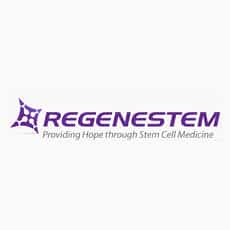
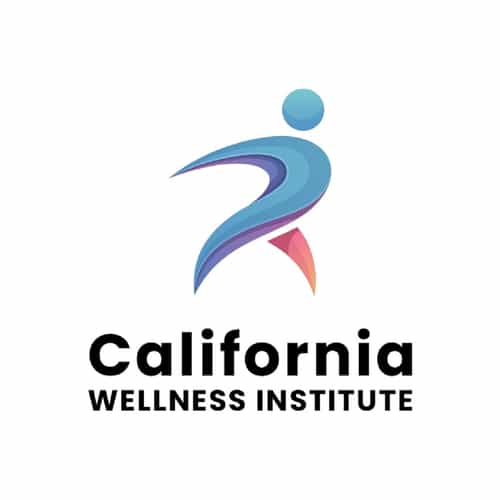

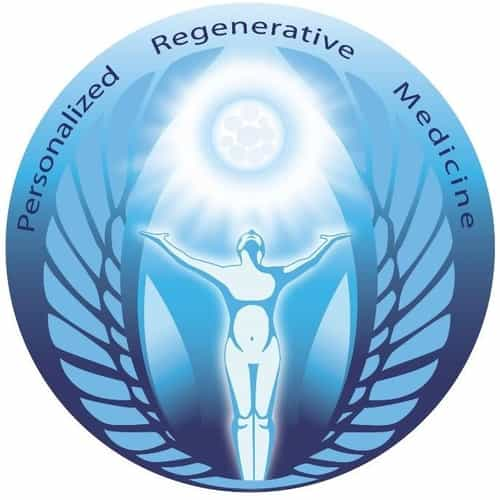
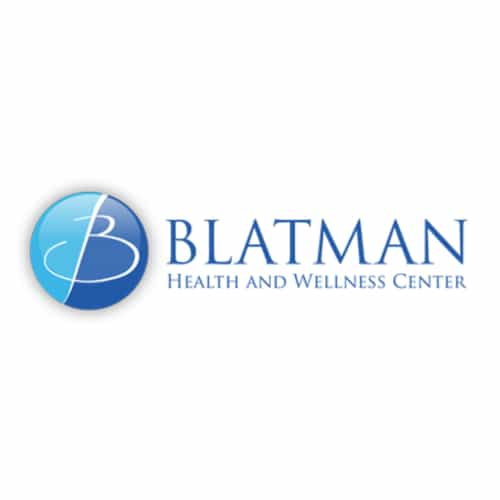
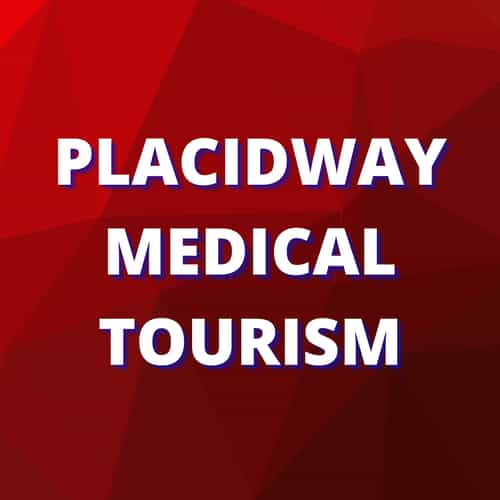
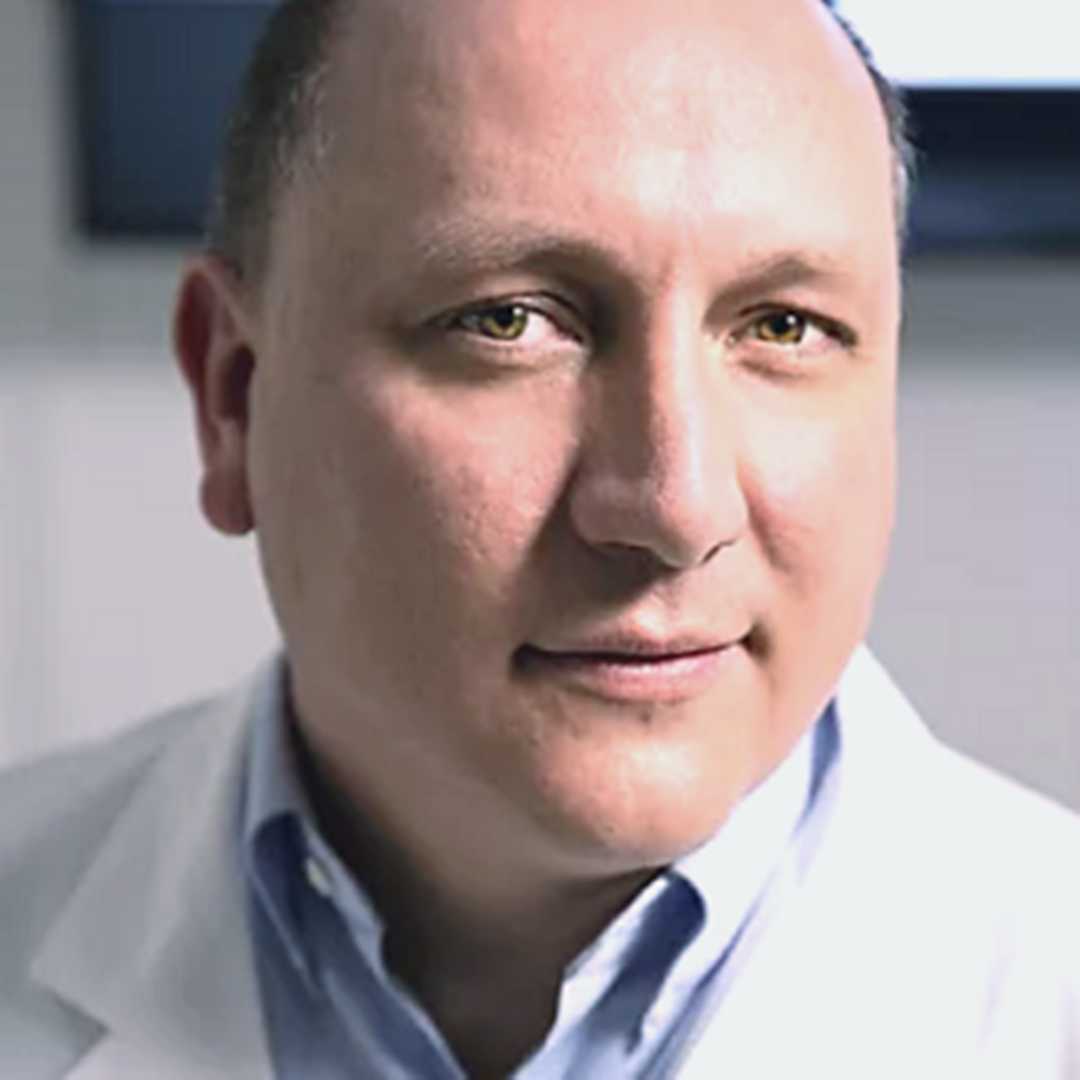




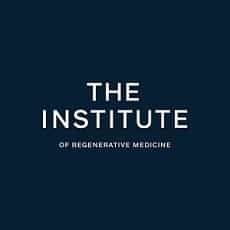
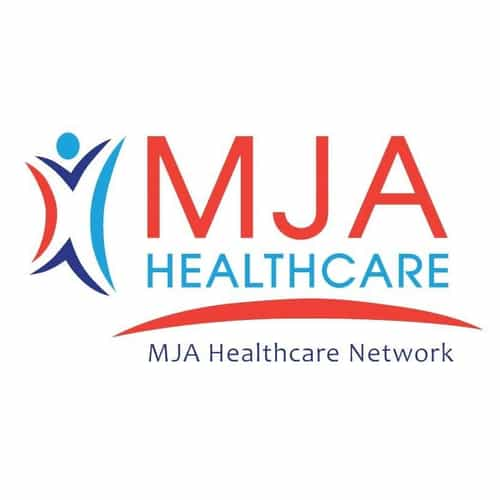
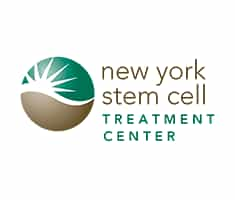
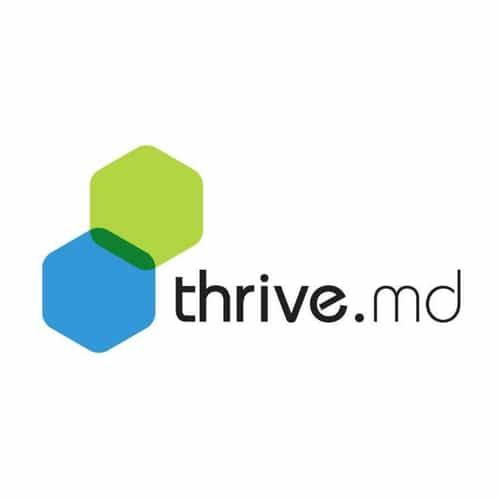
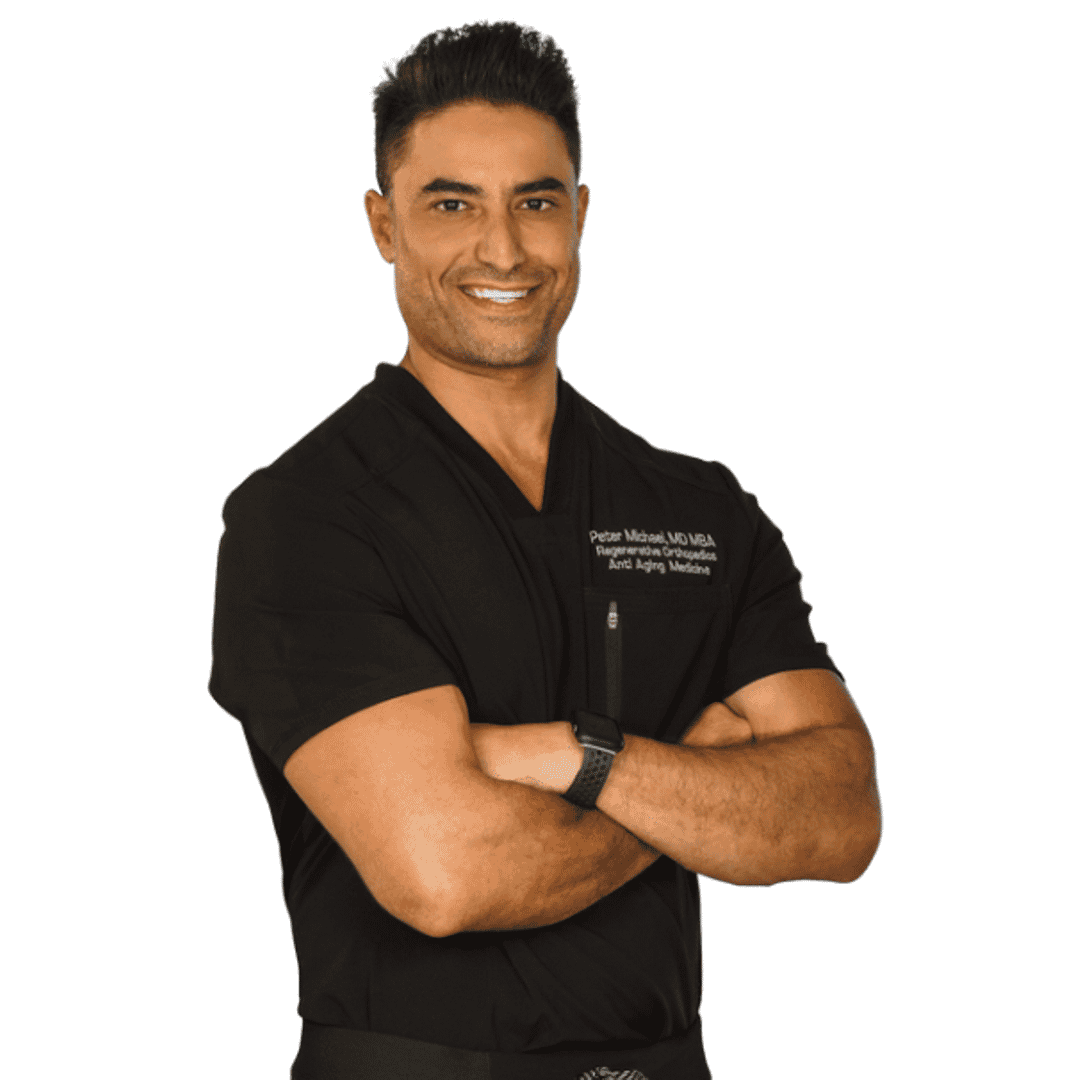





.png)
.png)
.png)

I just visited Regenestem office in Plantation, Florida and did an adipose stem cell procedure, peripheral blood stem cell, Ozone and IV vitamins treatment. It is a very clean safe place with excellent team who takes care of you. Everything was explained and all the questions answered. Dr. Stephen Channey is the best doctor I have ever met, he is very professional, caring and loving person. He does care about the patient and outcomes of the procedure. He knows what he is doing 100% and makes you feel at ease during the procedure. He answered all the questions during and after treatment and he has a great sense of humor so he makes you laugh! I would definitely recommend Regenestem to my friends and family. You will be in good hands! Ricardo and his team are the best!
Read More